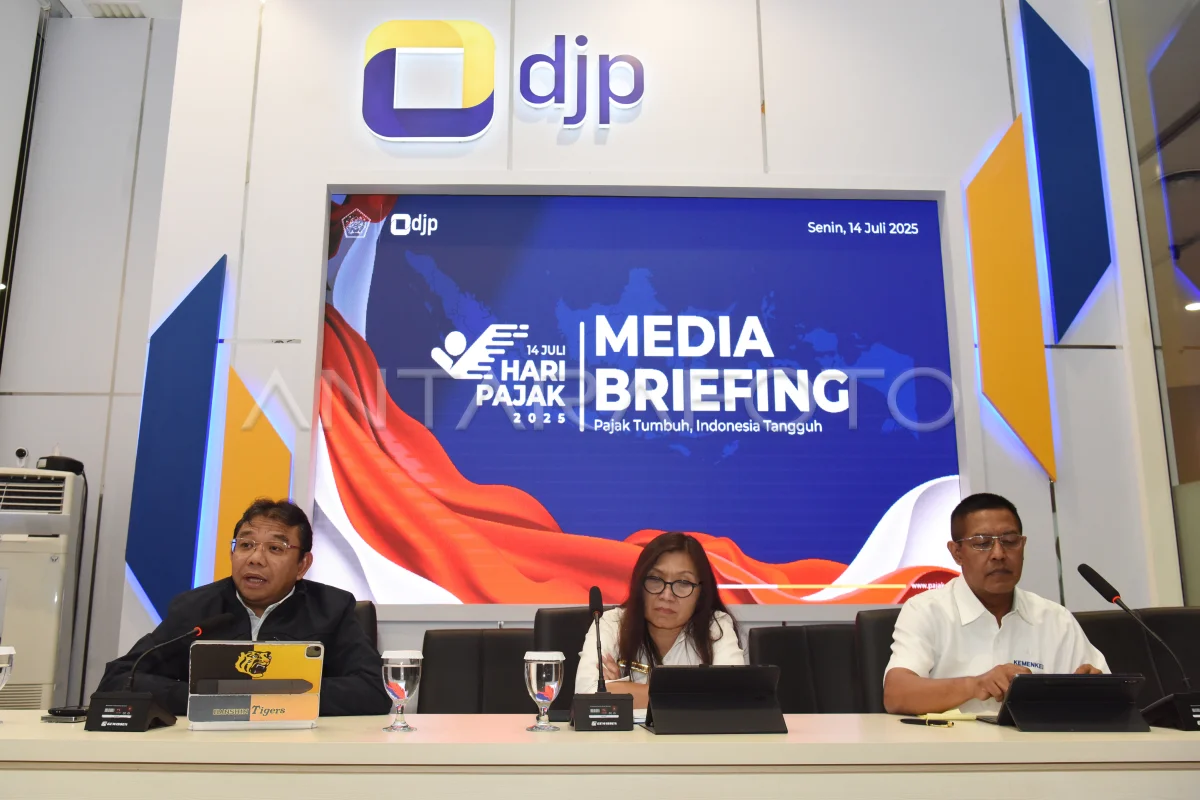Indonesia is set to introduce a landmark regulation known as ecommerce tax withholding Indonesia, targeting online sellers on major platforms like Shopee, Tokopedia, TikTok Shop, Lazada, Blibli, and Bukalapak. Under this new rule, e-commerce platforms must withhold 0.5% of a seller’s gross sales revenue—if annual turnover falls between Rp 500 million and Rp 4.8 billion—and remit it directly to the government. The move is expected to take effect as early as July 2025 and represents a strategic attempt to formalize Indonesia’s bustling online marketplace and improve tax compliance.
By shifting the burden of collection from sellers to platforms, officials aim to curb under-reporting in what they call the shadow economy. This detailed article explores the implications of this ecommerce tax withholding Indonesia rule, including its benefits, challenges, and what sellers, platforms, and consumers need to know.
Context and Purpose of Ecommerce Tax Withholding Indonesia
The Indonesian Directorate General of Taxes is finalizing rules requiring platforms to withhold a 0.5% ecommerce tax withholding Indonesia from a seller’s total sales if annual revenue is at least Rp 500 million (≅ US$30,000) and below Rp 4.8 billion (≅ US$290,000). Though these sellers already owe the same rate per existing regulations, platforms have struggled to track and report their taxes voluntarily.
The initiative will launch via Income Tax Article 22, a mechanism used for withholding tax at source. Authorities hope the approach simplifies enforcement and improves total state revenues, especially during a period when government income fell by about 11.4% year-on-year earlier in 2025.
Benefits of Ecommerce Tax Withholding Indonesia
- Boosted Revenue Collection
- By automating withholding, the government expects to capture previously unreported income. Analysts estimate that India and Indonesia have similar shadow economies that evade tax, and this policy is designed to counteract that.
- Level Playing Field
- Brick-and-mortar retailers have long paid tax at source, such as VAT or withholding. Now, ecommerce tax withholding Indonesia aims to ensure online sellers are not unfairly advantaged.
- Administrative Efficiency
- Platforms already manage sales data. Redirecting a small 0.5% from gross revenues leverages existing infrastructure—potentially lowering overall compliance costs while increasing visibility into seller earnings.
- Improved Transparency and Trust
- The rule mandates deductions be remitted directly to the Directorate of Taxes. Delays or non-remittance carry penalties for platforms, which reportedly could include fines . This discourages evasion and builds trust in digital commerce.
Challenges and Concerns for Stakeholders
Implementation Burden on Platforms
Major marketplaces warn that their systems require extensive updates. Some note Indonesia’s new tax portal—Coretax—has had technical issues, raising doubts about compliance readiness.
Impact on Sellers
Although 0.5% seems modest, small- and medium-sized business margins are tight. Sellers may raise prices to offset the withholding, passing costs to consumers.
Timeline of Rollout
Industry stakeholders—including the Indonesian E-Commerce Association (idEA)—stress that rushed implementation without adequate preparation time may strain seller operations and platform systems.
Risk of Buyer Price Increases
With the deduction, sellers might inflate prices slightly. For high-frequency low-margin sales, even small increases may alter buyer behavior and reduce competitiveness.
Timeline and Next Steps
- Draft finalization: Tax officials are preparing the table of withholding tables and submission dates.
- Public announcement: Officials promised to explain the regulation in detail before launch.
- Platform readiness: Platforms must update tax modules, train staff, and communicate changes to sellers.
- Soft launch/testing: Anticipated in July 2025, possibly with seller onboarding and pilot data reporting.
- Full compliance and monitoring: With penalties for non-remittance, compliance will be monitored closely from rollout.
What Sellers Should Do
- Understand thresholds: Only sellers with annual turnover between Rp 500 million and Rp 4.8 billion are affected.
- Review pricing strategy: Consider absorbing or passing on the 0.5% withholding cost.
- Maintain documentation: Ensure invoice records align with platform-reported gross sales.
- Seek clarity from platforms: Platforms should establish support channels to help sellers navigate the change.
Broader Implications for Indonesia’s Digital Economy
This regulation is more than tax policy—it reflects Indonesia’s growing digital maturity. With digital transactions expected to double by 2030 to US$150 billion, the tax framework must evolve accordingly.
The ecommerce tax withholding Indonesia initiative also demonstrates government commitment to integrating digital commerce into national economic planning. As e-commerce becomes central to national GDP growth, formalizing tax collection marks a key step in establishing institutional trust and regulatory consistency.
Summary of Key Points
TopicDetailsTax Rate0.5% withholding on gross salesThresholdSellers with Rp 500M to Rp 4.8B turnoverPlatformsShopee, Tokopedia, TikTok Shop, Lazada, Blibli, BukalapakGoalIncrease tax compliance, reduce shadow economyChallengesSystem updates, seller burden, rollout timing
Read More






 Friday, 27-02-26
Friday, 27-02-26







